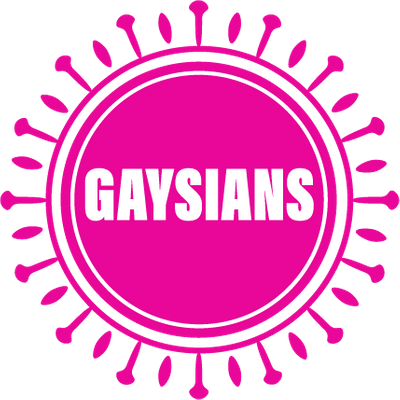On the True Cost of Silence
There's so much that goes unsaid. So many feelings folded over a samosa, and tucked away. The South Asian community instills a culture of silence. Whether it’s words, or actions, or feelings, or mental health, we have been taught to just tuck it into that little extra bit of dough when you finish making the kachori and toss it to the side. Have you ever looked under your rug? Mine is filthy. What does it take to reclaim that which has not been named? At what cost?
The trauma inflicted over generations of silencing is exponential. The way in which our bodies carry that trauma impacts our health dramatically. Inter-generational trauma acts as a trigger for hereditary auto-immune diseases living dormant within us.
For the first 5 years of having Gastroperesis, I was undiagnosed. I would go to the doctor and complain about my symptoms, we would run some tests that usually came back normal, and I would be sent home without answers and questioning my lived reality. Baa would recommend ajma, and it would help a little, but I was still experiencing so much pain and nausea without relief. ER visits and endoscopies would yield nothing more than PTSD and unpaid bills.
Once I got my diagnosis, I learned that while the cause and cure are unknown, physiologically, the Vagus nerve in my body is damaged. It becomes unable to send the correct neurons to my brain in order to remind my stomach to contract. It is silenced. Damaged and traumatized, it is unable on its own to perform its duties.
IN 2021, 10 years after the diagnosis of my stomach disease, I am yet again sitting across doctors with test results that say one thing, and my body saying another. I can feel the ancestors with RA conjuring posterity in my bones. They are calling me. Reminding me that they have trauma I carry.
Queerness in the community is approached the same way, unspoken of, silenced, undiagnosed as if ‘other’. People move in and out of spaces transforming and shape shifting to fit a role, or risk excommunication in every sense of the word. Choice becomes coercion, and sacrifice is for the sake of the family, never the individual. The complexities and manifestations of queerness are blatantly ignored for the sake of tradition.
Mental health and those struggling with depression are often silenced into tragedy. The statistics are only rising, and queer and trans youth are struggling more than ever before. Image has always been everything in the community, and the preservation of that image has come at the cost of life cut short, addiction, and isolation. It’s time to erase the stigma of labels, of pronouns, and of truth.
We are taught to use the word “community” as if it’s a monolith for South Asian people. The reality is that we are complex, and fluid. Things are changing as traditions continue to be challenged. I don’t want to carry all this anger that I know is not mine. I don’t want
to constantly feel like things are not going to get better. Instead of thinking about the community as one of judgement and disapproval, we can take an active role in creating and shaping ‘the community’ we are a part of. We deserve to hold whatever, and how many labels we want without reserve. I am a queer desi womxn who is disabled. I also struggle with depression and chronic pain. I’m also bad ass, creative, sarcastic, and stubborn as hell.
We deserve care. Deserve to be seen and supported. Us, children of the diaspora are forced to hold our histories on our backs while simultaneously experiencing shame for living out ours. We deserve to heal.
Our generations can break the cycle of living in silence; of not naming our depression and chronic illness; of not living our true authentic selves. This is not your masi’s generation.
